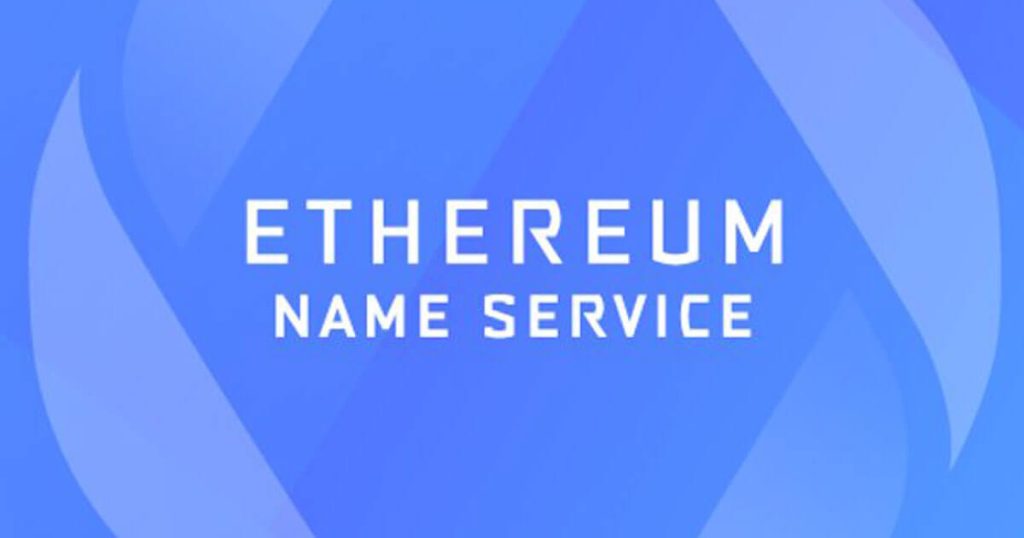Vitalik Buterin, one of the founders of Ethereum Name Service (ENS), played a vital role in the development of the platform. Nick Johnson, the creator of Ethereum Name Service (ENS), was hesitant to determine how much funding was needed for the creation of the platform. However, when he presented the figures he requested for a grant from the Ethereum Foundation, Vitalik Buterin provided twice the amount he asked for.
In an exclusive interview with Cointelegraph at the ETHGlobal event, Johnson explained that ENS is a project that allows users to create human-readable Web3 addresses for their Web3 wallets. This means a major advancement for cryptocurrencies and non-fungible tokens (NFTs) as well as decentralized websites.
As a software engineer, Johnson, who is originally from New Zealand, was working at Google before he became interested in Ethereum. The programmable nature of Ethereum was one of the main reasons Johnson became interested in the platform. when compared to Bitcoin just being money, the programmability feature offered by Ethereum made it appealing, he explained.
After Johnson started coding personally on Ethereum, his strong background and tools in the Ethereum infrastructure allowed Johnson to create his own Ethereum strings library.
You might also interested in this post: Bitcoin Closes Daily Red Candle for First Time After FTX Crash
String is a programming data type that represents text and usually contains letters, numbers, symbols, and spaces. Application software engineer Jeffrey Jenkinson described string manipulation as one of the most complex tasks in software.
The Ethereum Foundation eventually hired Johnson, encouraging him to start working on one of their initial projects, the name service. Johnson was assigned to remedy a deficiency in the Ethereum infrastructure and he noticed that naming content was necessary while working for the EthSwarm team.
Johnson’s project was supported by establishing a separate organization funded with a grant from the Ethereum Foundation. Johnson set a two-year roadmap with a small team and the project was further strengthened with the intervention of Ethereum’s co-founder Vitalik Buterin.
Johnson, who thought that the ENS project might fail without Buterin’s support, emphasized that Buterin’s intervention was a turning point ensuring the project’s success.
Since the launch of the ENS service, over two million ENS addresses have been registered. However, according to Johnson, this measurement is less important in measuring how often users use crypto addresses instead of DNS names. Johnson notes that focusing on factors such as the number of names, registrations, and renewals would be more accurate to better understand user preferences and adoption.
While a gradual increase in registered ENS addresses is expected, Johnson and his team are working to move the service to networks that can benefit from the Web3 utility. Johnson believes that ENS should support new distributed content networks where users are dense, and emphasizes that the service should help users achieve this improvement in terms of accessibility.
ENS plans to introduce the Ethereum layer-2 infrastructure in the next few years. Johnson hopes to make the service more user-friendly and predicts that ENS will provide easier integration and usage opportunities in the future.


